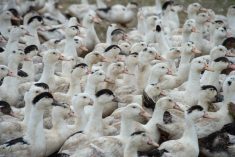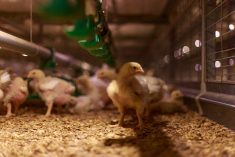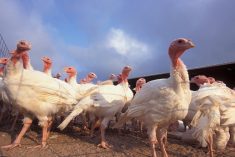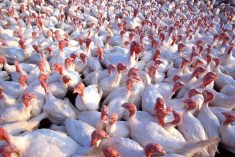A quarantine has been set up at a commercial turkey farm west of Woodstock, Ont. pending the outcome of federal tests for avian flu in the flock.
Ontario’s Feather Board Command Centre, the emergency response office for the province’s chicken, turkey, egg and hatchery sectors, said in a statement Monday that birds from the flock turned up positive in “preliminary” tests at the University of Guelph for a highly pathogenic (“high-path”) H5 strain of avian flu.
The Canadian Food Inspection Agency is now running further tests, the FBCC said, announcing a “heightened biosecurity advisory” for commercial and backyard poultry and egg producers in a 10-kilometre area around the Oxford County property.
Read Also
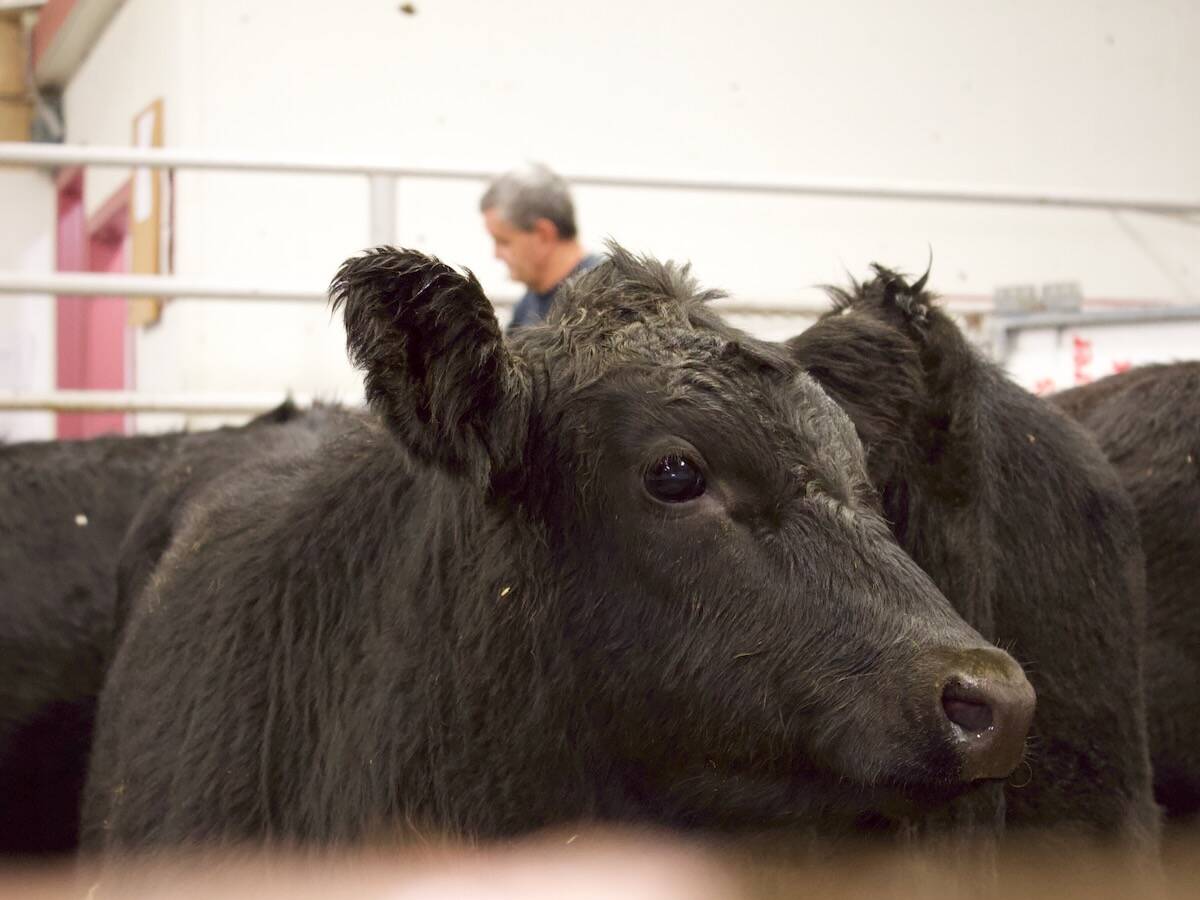
Cash incentive for CRSB Certified beef producers launched
The Canadian Roundtable for Sustainable Beef (CRSB) has launched an incentive payment for CRSB Certified producers.
Much of Ontario’s airspace is in the Mississippi flyway, a flight path for migratory birds running up from the Gulf of Mexico through states where high-path H5N2 has already been confirmed in commercial flocks, including Minnesota, Missouri and Arkansas.
The H5N2 strain in those states was confirmed to be similar to the strain which led to quarantines and culls on a dozen farms in British Columbia’s Fraser Valley in December. Those farms have since been cleaned and disinfected and their quarantines lifted.
However, if the Woodstock-area farm is confirmed with high-path H5N2 or some other high-path avian flu strain, it would pose a setback for Canada’s bid to regain high-path avian flu-free status.
The final cleaning and disinfection in B.C. was approved on March 3, a CFIA spokesperson said last week. In keeping with World Organization for Animal Health (OIE) biosecurity standards, Canada could again seek avian flu-free status after a 90-day surveillance period with no new cases.
Barring any confirmed new cases anywhere in the country, CFIA said, Canada would be able to regain avian flu-free status around June 3.
Limit visits
Meanwhile, Ontario’s FBCC urged producers to be “very diligent in observing your flocks,” to monitor bird death loss, and to track birds’ feed and water consumption.
The centre also advised farmers to limit their visits to other poultry farms and to either avoid exchanging equipment with other farms or make sure shared equipment is washed and disinfected.
Birds with outdoor access shouldn’t share space with wild ducks, geese or shorebirds, the centre said — and free-range areas shouldn’t have “attractions” for wild waterfowl, such ponds or open feeders that could then be contaminated with wild waterfowl droppings.
Truckers delivering or loading at farms in the 10-km zone around the suspect farm should make sure those properties are the last on the route, the FBCC said, and a truck’s undercarriage and steps should be washed and disinfected before it’s used for any other deliveries or loadings. — AGCanada.com Network







